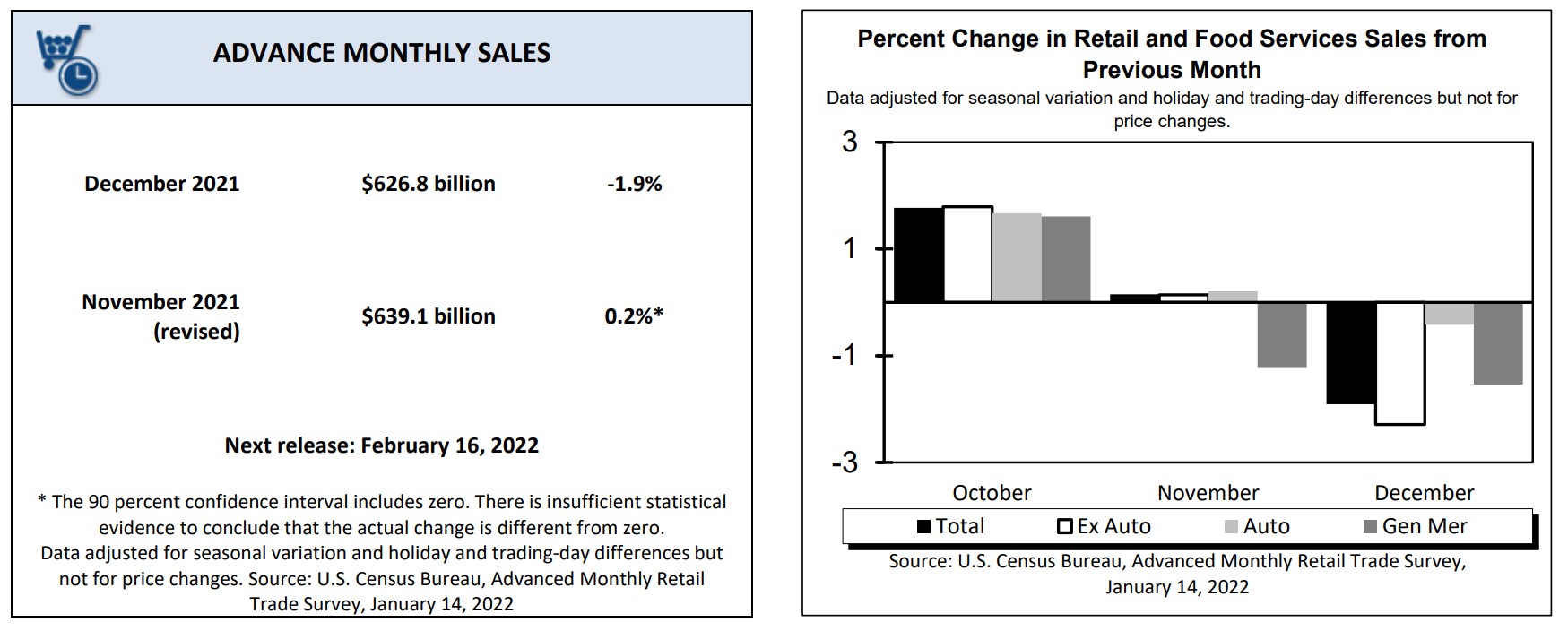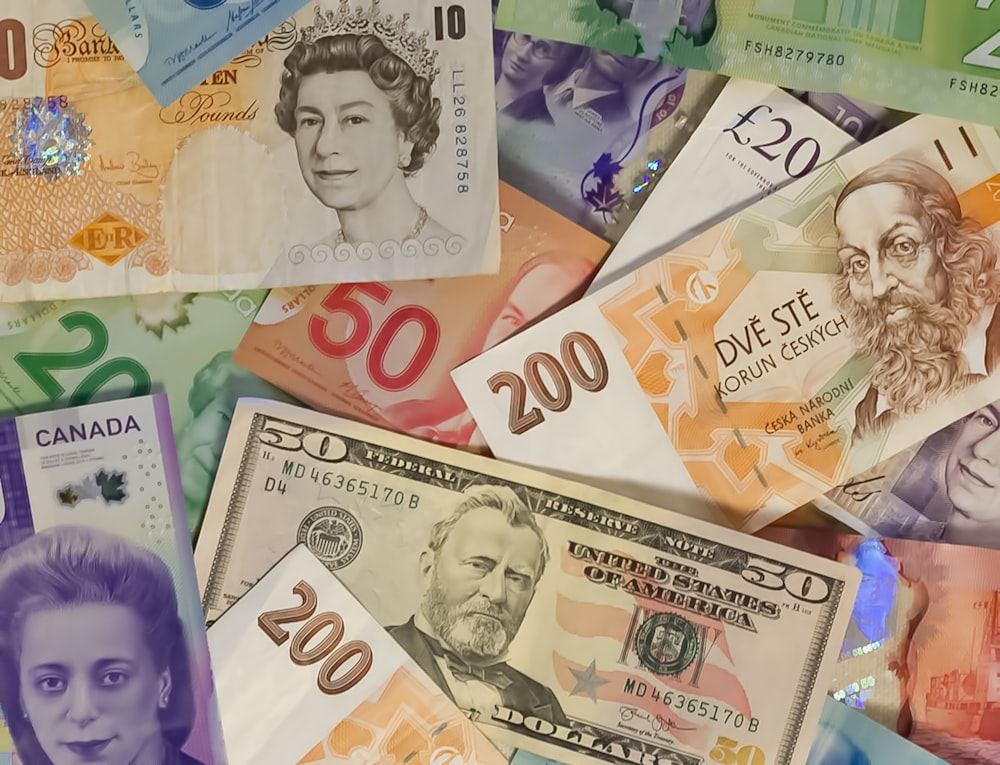U.S. Retail Sales Missed Expectations In December; These Currencies Act As Safe-Haven
Retail sales tumble in December, just before the Federal Reserve is more confident to tighten. Here are three currencies to buy that act as a safe-haven in case of an economic slowdown: JPY, CHF, and USD.
The trading week is about to end today, and two pieces of economic data influenced the price action in the currency market. One was inflation. Released two days ago, it revealed that the prices of goods and services in the US rose last December by 7% – the highest rate in nearly four decades.
Image Source: Unsplash
Another was the Retail Sales indicator. Released about an hour ago, it missed expectations by a mile.
December retail sales m/m came out at -1.9% vs. 0.0% expected. Moreover, the core data, which excludes automobiles, fell even more. On expectations of +0.2%, the actual data showed a decline of -2.3%.
The market did not expect such a slowdown. However, a slowdown in consumer spending, if persistent, will affect economic growth in time.
Considering that the Fed just becomes more comfortable with starting a new tightening cycle, given rising inflation – is the central bank poised to raise rates in an economic slowdown? If so, here are three safe-haven currencies to consider buying: the Japanese yen (JPY), the Swiss franc (CHF), and the US dollar (USD).

JPY
The Japanese yen is the traditional safe-haven currency to buy in times of uncertainty. It acts as the perfect refuge against economic recessions and rarely outperforms otherwise.
On top of that, it has a negative correlation with the US stock market. More precisely, a declining stock market leads to a higher JPY.
CHF
The Swiss franc acts similarly with the Japanese yen – like a safe-haven asset. Investors prefer investing in a currency known for its stability (if we discount the 2015 volatility triggered by the Swiss National Bank giving up the EUR/CHF 1.20 exchange floor).
USD
Finally, the US dollar. The Fed may end up hiking and even tightening the balance sheet. But when tightening happens into an economic slowdown and a slowdown in the rate of change of credit, then the curve flattens massively. The US dollar tends to perform well in such a context, as it is the de facto world’s reserve currency.
Disclaimer: None of the content in this article should be viewed as investment advice or a recommendation to buy or sell. Past performance/statistics may not necessarily reflect future ...
more



